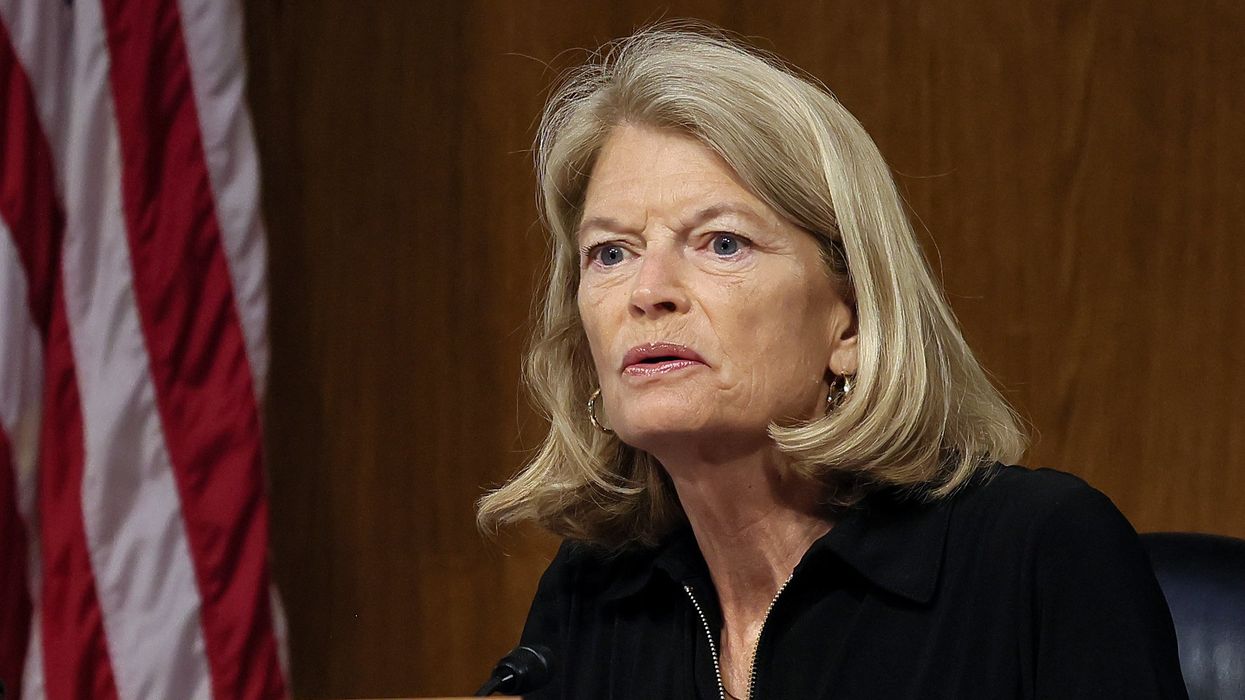© 2024 Blaze Media LLC. All rights reserved.
Socialist-Dominated France Attempts to 'Shock' Economy Into Competitiveness With...Mega Tax Cut
November 06, 2012
 (A woman rides a Velib bike-sharing program closed to the Eiffel Tower, seen in background, in Paris, Tuesday, Oct. 30, 2012. Photo: AP)
(A woman rides a Velib bike-sharing program closed to the Eiffel Tower, seen in background, in Paris, Tuesday, Oct. 30, 2012. Photo: AP)
(TheBlaze/AP) -- France's government has promised 20 billion euros ($25 billion) in tax credits to businesses as part a "competitiveness pact" that it hopes will spark innovation and lower unemployment, despite socialist President Francois Hollande's plege to raise taxes on the wealthy.
The announcement of the plan Tuesday came a day after a government-commissioned report by Louis Gallois, the former head of Airbus parent EADS, which said that the country's ailing economy needed a big "shock" to stay globally competitive.
Prime Minister Jean-Marc Ayrault said the government's plan - which includes a (EURO)500 million fund to help struggling small businesses - would put the country "back at the heart of the world economy."
"This new French model will consist of finding a way back to creating jobs and will no longer be financed by permanent deficits," he said.
However, the government plan has fallen short of some of the recommendations in the Gallois report and raises fears that the Socialist administration of President Francois Hollande may be stifling the French economy.
For example, the $20 billion tax credit is to be implemented over three years, with (EURO)10 billion available in 2013 and the rest split over the following two years. Gallois recommended in his report that the breaks should happen over just one or two years to have the maximum effect.
The measure also takes the form of an income tax credit, rather than a reduction in the social charges employers pay on salaries, as Gallois had suggested. The government argues that its method is designed to have immediate impact, while deferring payment until 2014 when next year's tax bill comes due. That, however, assumes that companies will start spending and hiring in anticipation of the credit, without actually possessing the funds.
France faces several major economic challenges, including an unemployment rate of 10.8 percent, and labor regulations that make firing so difficult it has markedly discouraged hiring. Growth has ground to a halt, and several major companies have announced thousands of layoffs in recent weeks. The wealthy have been leaving in droves since Hollande's election, hoping to avoid the promised 75% individual income tax rate on the wealthy.
France has largely sidestepped the massive budget cuts and reforms undertaken by its neighbors, despite having one of the world's highest proportions of state spending. Unions and companies are currently in discussions to overhaul the labor market - but the issues are so touchy in France that it's unclear how far they'll go.
Gallois warned in his report that the biggest problem in France is that because of high labor costs, companies have to slash prices in order to compete, and with low profits have little incentive to expand. Ayrault promised that the pact would give companies more room to maneuver and address this problem.
The government's plan focuses on small businesses, often the motors of innovation and employment. It calls for small businesses to receive special help to compete internationally, and billions of euros in a new public investment bank will be reserved for smaller companies.
The government also promised to reduce red tape and to limit changes to its tax and other policies over the next five years. France has a very complex tax code - a major thorn in the side of companies, especially small ones that spend tremendous resources to figure out what they owe.
--
Related:
Want to leave a tip?
We answer to you. Help keep our content free of advertisers and big tech censorship by leaving a tip today.
Want to join the conversation?
Already a subscriber?
more stories
Sign up for the Blaze newsletter
By signing up, you agree to our Privacy Policy and Terms of Use, and agree to receive content that may sometimes include advertisements. You may opt out at any time.
© 2024 Blaze Media LLC. All rights reserved.
Get the stories that matter most delivered directly to your inbox.
By signing up, you agree to our Privacy Policy and Terms of Use, and agree to receive content that may sometimes include advertisements. You may opt out at any time.


